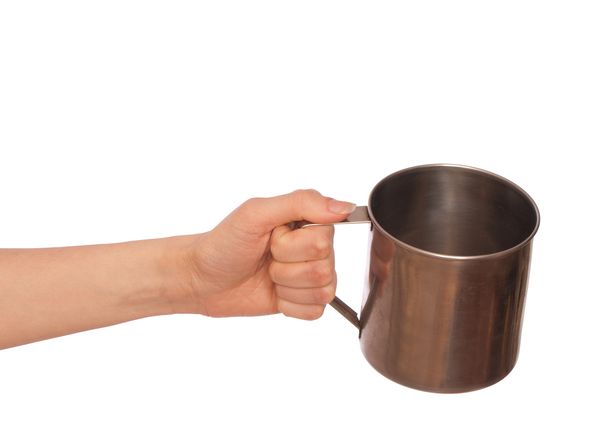29 Sep 2014

A campaign launched today by the Australian Workers Union calling for gas subsidies for chosen industrial sectors is nothing more than protectionism dressed up as energy policy.
Only new gas supplies, not new government interventions, will put downward pressure on prices and drive sustainable employment opportunities for AWU members.
Rather than seeking a hand-out, those concerned by rising prices should instead join the natural gas industry in seeking the removal of the regulatory burdens currently stopping the industry from producing gas.
The AWU’s simplistic notion that ‘Aussie gas should be cheap for Aussies’ reflects a populist form of ‘resources nationalism’ that in defiance of Australia’s experience and best interests. The reality is this that reserving gas is a ruse and evidence showing the consequences of gas reservation to be both negative and profound is consistent and mounting.
Reservation enthusiasts should read:
- Domestic Gas Market Interventions: International Experience; a report released in April 2013 by EnergyQuest that reviews gas market policies throughout North America, Europe, and 14 non‑OECD countries, which concludes reservation artificially stimulates demand and simultaneously restricts supply; causes gas shortages; leads to imports from other countries at high prices; and causes upward pressure on domestic gas prices
- Deloitte Access Economics report The economic impacts of a domestic gas reservation released in October 2013, which says the introduction of market interventions such as a Gas Reservation policy on Australia’s east coast would come at significant cost to the nation’s economic welfare, including a projected cost of $6 billion in forgone Gross Domestic Product (GDP) by 2025
- The International Energy Agency’s Gas Medium-Term Market Report 2014, which concluded: “Subsidies exacerbate demand and inevitably lead to shortages a decade later”.
APPEA Chief Executive David Byers said: “The international experience clearly offers lessons for Australian policy-makers, but not the kind described by those calling for gas reservation. We should also heed the lessons of crude oil pricing in Australia, which saw import parity pricing introduced back in 1978 and the previous ‘local pricing’ policy abandoned due to the fact it was creating an incentive for exploration outside Australia; it failed to maximise the true value of local crude or the tax revenues produced; and the policy created a perverse incentive for excessive local oil consumption.
“The simple fact is that Australia’s interests are best served by access to open and competitive markets. This is as true for natural gas as it is for iron ore, wheat, wool, and wine.
“The fact that natural gas is now Australia’s third largest export sector is something Australians should celebrate, and self-serving calls to undermine one of the economy’s shining lights should be ignored and condemned.” Download PDF
Media Contact

